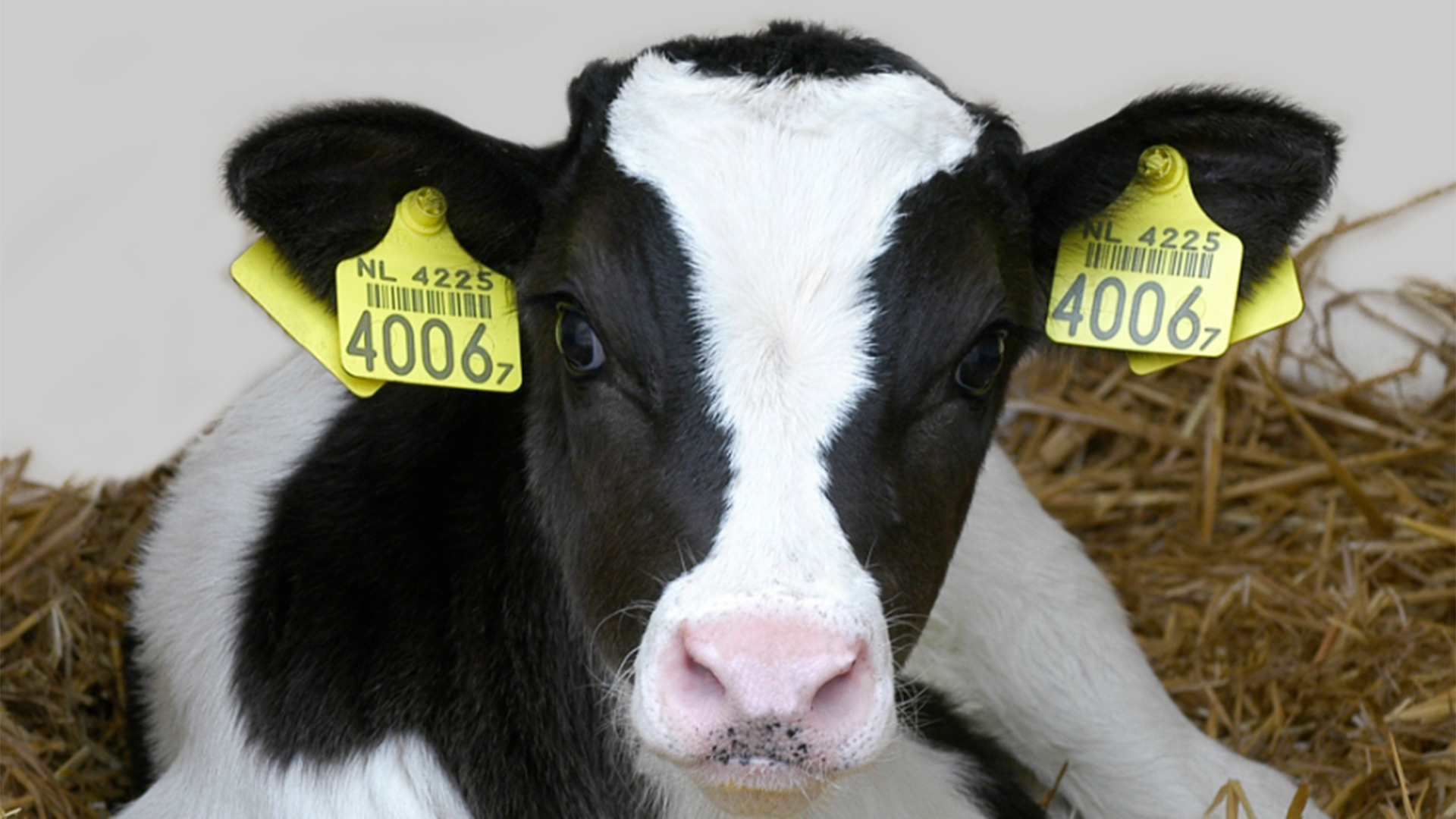Improving animal health and welfare
Within the dairy and veal calf sectors, many steps have been taken in recent years to improve the health of calves. Despite these steps, the Ministry of Agriculture, Nature and Food Quality considers the urgency high to make veal farming more sustainable. The scenario study announced this spring by outgoing Minister Schouten should contribute to system changes to improve animal health and welfare in veal farming. The study developed three scenarios:
1. Loyal to local
In this scenario, veal farmers and dairy farmers from their own region work closely together (short chain). In this scenario, collection stations are no longer used. Calf transport decreases, as does the number of calf-calf contacts.
2. Maximum integrality
In the second scenario, calves remain on the dairy farm until 3 months of age. The calves then go to a calf-finishing farm. Dairy farmer and integration / veal farmer can choose to work closely together, for example, jointly choosing the breeding bull and giving the dairy farmer a higher reward if he delivers a healthy calf.
3. Home and happy
In the last scenario, calves stay with the dairy farmer until slaughter. Calves do not come in contact with cattle from other farms and the dairy farmer is fully responsible for animal health and welfare. In this scenario, walk-out/grazing is optional.
Working out the scenario study will take several years
Work is currently underway on a subsidy scheme and preconditions for starting pilots and financially supporting companies that participate in them. According to outgoing Minister Schouten, developing new concepts for veal calf farming will take several more years. She emphasized her desire for her Sustainable Livestock Farming program to help stimulate the market for sustainable veal, to increase the financial clout of the sustainable farmer, to make regulations more coherent, and to increase and spread knowledge about sustainability more widely.
Calf and dairy farming chains express concerns
The veal and dairy farming chains, with the involvement of LTO, NAJK, SBK and NZO, among others, have expressed their concerns about the elaboration of the pilots and let it be known that the extreme scenario studies are far removed from the practice of the farmer. They stress that sufficient earning power for the farmer is the key to change. That is why the chains want to enter into a dialogue with the Ministry of Agriculture, Nature and Food Quality (LNV) in order to discuss the sustainability of the sectors with realism.
Sources: Kamerbrief over Scenariostudie Kalverketen - Kamerstuk - Rijksoverheid.nl https://www.rijksoverheid.nl/documenten/rapporten/2021/05/18/scenariostudie-kalverketen
Sector heeft zorgen over reactie minister op haar scenariostudies Kalverhouderij - LTO
https://www.nieuweoogst.nl/nieuws/2021/05/18/ingrijpende-scenarios-kalverhouderij-nu-officieel
https://veeteelt.nl/nieuws/minister-trekt-10-miljoen-uit-voor-pilots-verduurzaming-kalverhouderij




